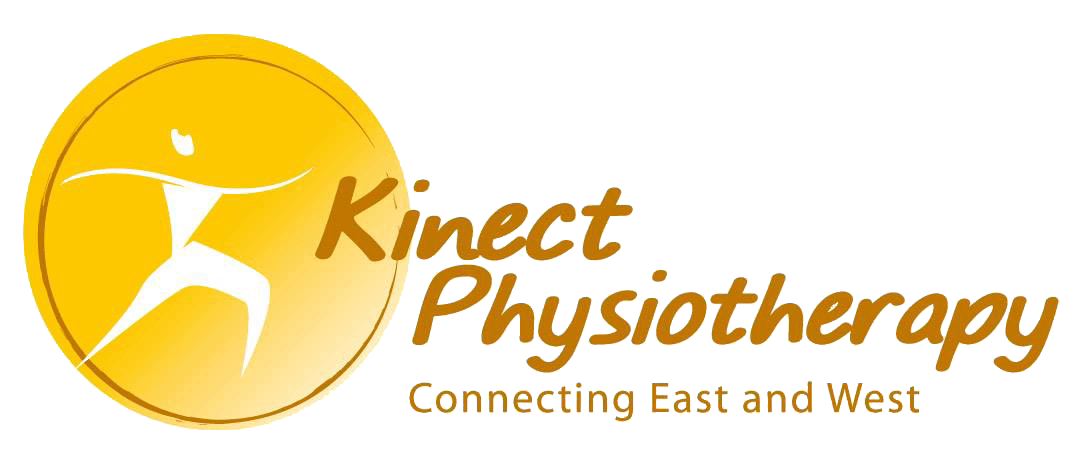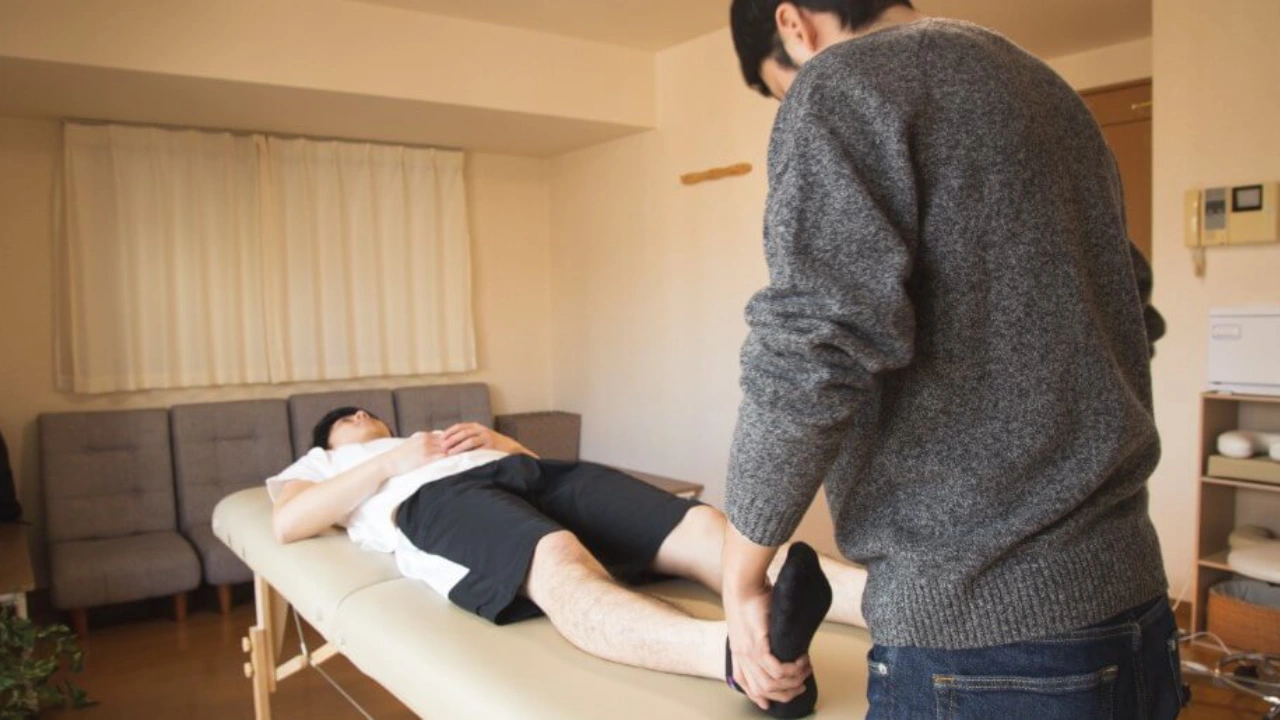The holiday season is a time of joy, celebration, and togetherness. It’s also a time when many people embark on journeys to visit loved ones or take well-deserved vacations. However, traveling during the holidays can also bring its share of physical challenges. In this article, we’ll explore some valuable physiotherapy tips to ensure a smooth and healthy holiday season.
Preparing for Your Journey
1. Stretching and Mobility Exercises
Before you set out on your holiday adventure, it’s essential to prepare your body for the trip ahead. Incorporate stretching and mobility exercises into your daily routine. Focus on key areas like your neck, shoulders, back, and legs. These exercises will help prevent stiffness and discomfort during long hours of travel.
2. Packing Ergonomically
When packing your bags, think about ergonomics. Use luggage with wheels to reduce the strain on your back and shoulders. Avoid overpacking to keep your bags manageable. Consider using a backpack with padded straps if you’re carrying a load. Properly distributing the weight can make a significant difference in your comfort.
Staying Active During Your Trip
3. Frequent Breaks
If you’re traveling long distances by car or plane, make it a point to take regular breaks. Walk around, stretch your legs, and do some light exercises to prevent muscle stiffness. These breaks not only keep you comfortable but also reduce the risk of blood clots on long flights.
4. Active Sightseeing
When exploring your holiday destination, opt for activities that keep you active. Walking tours, hiking, or simply strolling through the local markets can help you stay on your feet and burn some calories. It’s an enjoyable way to maintain your physical well-being while enjoying the sights and sounds of your destination.
Self-Care During the Festivities
5. Posture Awareness
During holiday gatherings and celebrations, pay attention to your posture. Sit up straight, and use supportive chairs if available. Good posture can prevent back and neck pain that can result from extended periods of sitting.
6. Hydration and Nutrition
Maintain a balanced diet and stay hydrated throughout your holiday festivities. Proper nutrition and hydration support your overall health and energy levels. Avoid excessive indulgence in high-calorie holiday treats, and opt for healthier options when possible.
Returning Home Safely
7. Post-Travel Recovery
Once you’ve enjoyed your holiday celebrations, it’s time to return home safely. Resume your stretching and mobility exercises to ease any stiffness that may have developed during your trip. Give your body the care it deserves after an eventful holiday season.
8. Professional Assessment
If you experience persistent pain or discomfort after your journey, consider seeking a physiotherapy assessment. A physiotherapist can help identify any underlying issues and provide targeted treatment to alleviate your symptoms.
Enjoy a Happy and Healthy Holiday Season
By incorporating these physiotherapy tips into your holiday plans, you can ensure that your celebrations are filled with joy and good health. Remember, taking care of your body allows you to fully enjoy the holiday season and create lasting memories with your loved ones.
Frequently Asked Questions
How can physiotherapy help me prepare for holiday travel?
Physiotherapy can help you prepare for holiday travel by providing stretching and mobility exercises that prevent stiffness and discomfort during your journey. It also offers guidance on packing ergonomically to reduce strain.
What are some tips for staying active during holiday trips?
How can I maintain good posture during holiday gatherings and celebrations?
What are some self-care recommendations for holiday festivities?
What should I do for post-travel recovery after the holidays?
When should I consider seeking professional help from a physiotherapist after the holidays?
Conclusion
In summary, physiotherapy is an effective and non-invasive way to recover from injuries and improve overall physical wellness. With benefits such as pain management, improved mobility and function, and faster recovery, it’s no wonder that physiotherapy is a popular treatment option for injury rehabilitation. Whether you’re an athlete recovering from a sports injury or an individual with chronic pain, physiotherapy can help you get back on your feet and improve your quality of life. Don’t hesitate to reach out to a physiotherapy clinic to learn more about how physiotherapy can benefit you.






